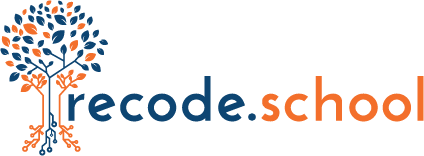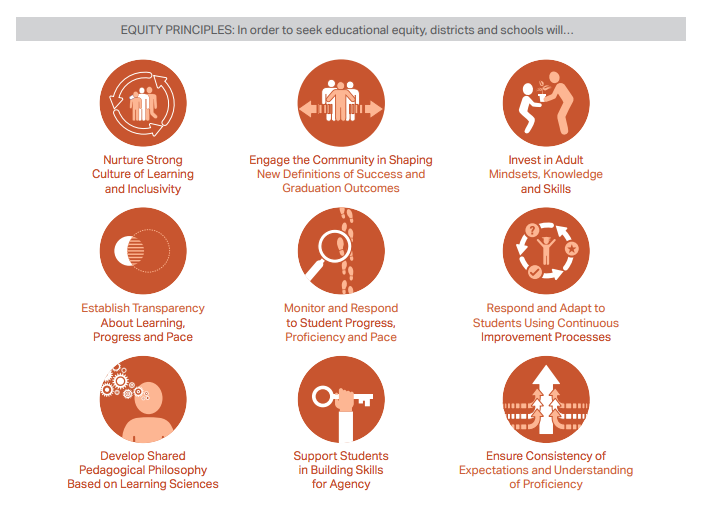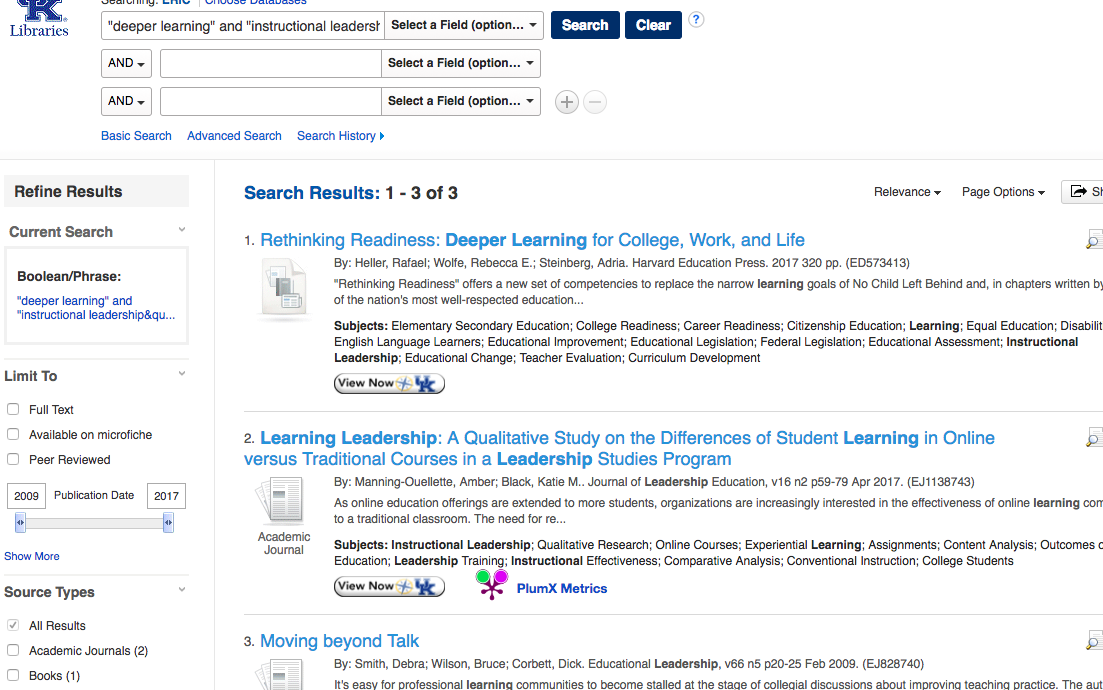PBL & Graduating Immigrants
Superb story from Donna Neary, a UK student, Next Gen Alum, and teacher in Jefferson County Public Schools. Donna is using the power of deeper learning, project-based instruction, and performance assessment to transform the lives of immigrant children that move to Louisville.
Donna tells her own story well, so I will not elaborate:
“Like Muan and Innocent, most of the students in the program have experienced interruptions in their formal education. Some may have missed several consecutive years of formal education, all due to circumstances beyond their control. With this program, we seek to put students back in control of their learning by providing a differentiated, rigorous program to prepare them for graduation.
This first year of A2G has shown that it is possible for students who may never have envisioned themselves as high school graduates to move quickly toward that goal. ”
Full story: https://www.edsurge.com/news/2018-05-07-inside-the-project-based-program-that-s-turning-refugees-into-high-school-grads



